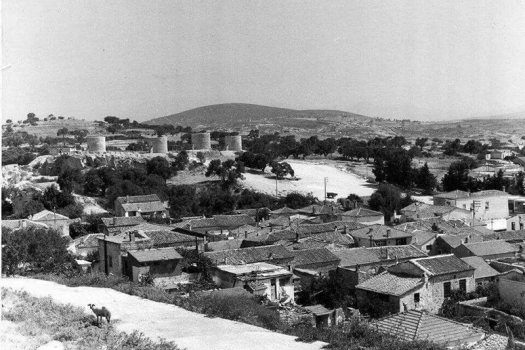
Alacati History
The history of today's elegant and popular holiday resort Alaçatı dates back to the Archaic period.
Alaçatı is located right in the center of the region that starts from the south of İzmir and extends to the Menderes River, known as “Ionia” in Anatolian history. Its name in ancient times was “Agrilia”. Alaçatı experienced its first turning point in history during the Ottoman period. Known as the “Piyade” or “Suvari” village in the early Ottoman period, this beautiful land began to be named after the “Alacaat Tribe” that settled in the region during the same period. In the 17th century, the Grand Vizier of the period ordered the reclamation of the region, which was a swamp in the south. In the 1830s, Hacı Memiş Ağa, the local notable, invited the Greek population on the island of Chios to the region. A canal was opened to the Alaçatı Port in order to drain the swamp that caused malaria in the village of Alacaat. The opened canal later became a port where ships docked. The landowner Turks in the region gave their fields to the Greek workers who came for the construction of the canal on the condition that they “developed” and cultivated them. Thus, a village was established a few kilometers from the sea. Today, most of the striking stone houses of Alaçatı, which are being restored one by one, are these historical houses built between 1850 and 1890.
As the Greeks settled in the region and rented the fertile fields of Turkish landowners, viticulture began to develop in Alaçatı. As their financial means improved, the Greeks began to buy the fields they operated, and trade became more active. The population, which was mostly Greek, reached 12,000 at that time, but with the arrival of immigrants fleeing the Balkans during the Balkan War in 1912, the Greeks began to migrate. With the “exchange agreement” signed between Turkey and Greece on January 30, 1923, the Orthodox Greeks settled in Turkey were sent to Greece. The region, which became famous for its vineyards and wine at the end of the 19th century, transformed its livelihood into tobacco cultivation, melon cultivation and animal husbandry with the population change. The name of the town, which came from Alacaat, was used as Alatzada by the Greeks, and later became “Alaçatı”. In the 1990s, Alaçatı began to become famous for its wind. With the arrival of windsurfing enthusiasts to the port, Alaçatı's transformation into a "tourist resort" began. Today, Alaçatı is one of the most popular and distinguished holiday resorts in tourism with its preserved historical texture and natural beauty.

